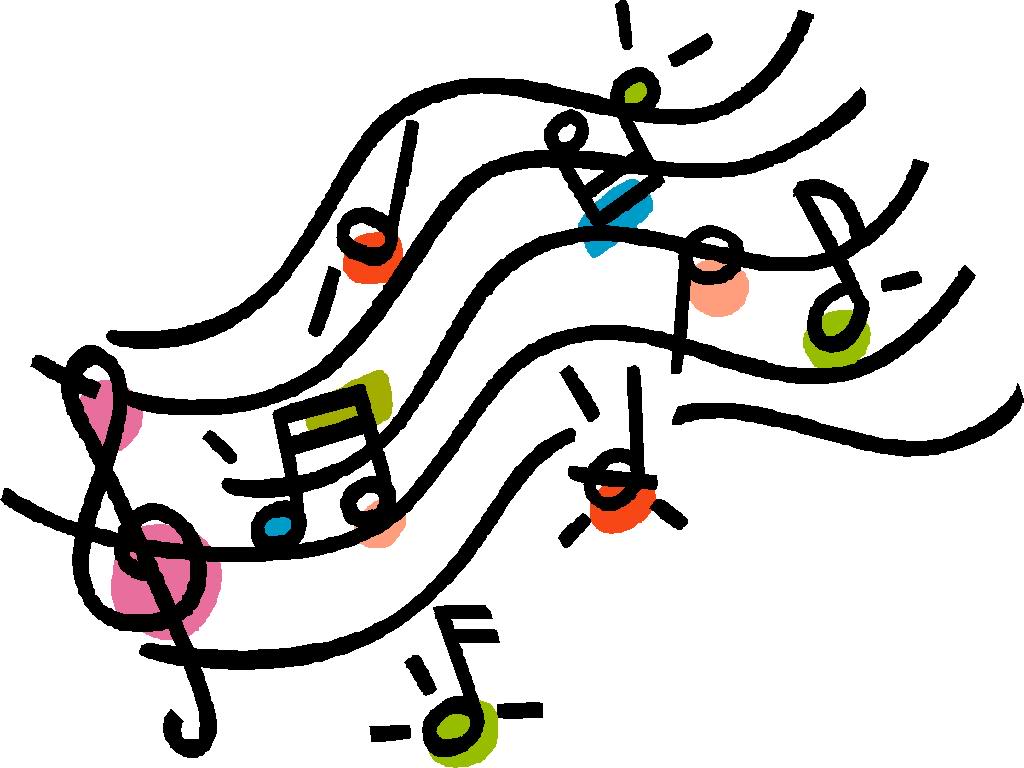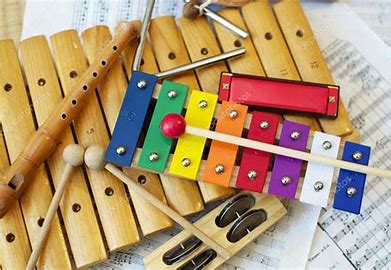The Benefits of Imaginative Play in Music Therapy with Children
Music therapy is a dynamic and versatile form of therapy that can provide numerous benefits to children. One way that music therapists can engage children and enhance the effectiveness of therapy is through imaginative play. Imagination is a powerful tool that can help children express themselves, explore their emotions, and develop their creativity. In this post, we'll explore the benefits of imaginative play during music therapy sessions with children, and why it's important to be open to imaginative play when a child starts to incorporate it into a session unplanned.
Imaginative play is an essential part of a child's development. Through play, children learn important skills such as problem-solving, creativity, and communication. In music therapy, imaginative play can be a useful tool for engaging children and helping them explore their emotions and feelings in a safe and supportive environment.
One of the primary benefits of imaginative play in music therapy is that it allows children to express themselves in a way that is natural and comfortable for them. Children often find it difficult to express their emotions and feelings verbally, but through imaginative play, they can communicate their thoughts and emotions through symbols and actions. I’ve found that many children assign pretend roles to different instruments used in the session, giving them identities and having them communicate with each other and/or with the music therapist. It is important to go along with this, because engaging with the play world they’ve created provides important validation.
When children feel validated in their imaginative play, they are more likely to feel a sense of acceptance and validation of their ideas and feelings. This can help to build their self-esteem and confidence and can promote emotional regulation and resilience. Children who feel validated in their play are also more likely to continue engaging in imaginative play, which can have ongoing benefits for their development.
In addition, validating children's imaginative play can provide a valuable opportunity for therapeutic interventions. Play-based therapies use children's natural inclination to play as a means of facilitating emotional expression, problem-solving, and self-awareness. By validating children's imaginative play, therapists can help children to use their play as a means of exploring and processing their emotions and experiences.
 Another benefit of imaginative play in music therapy is that it can help children develop their social skills. When children engage in imaginative play with others, they learn to cooperate, negotiate, and communicate effectively. They also learn to take turns and share ideas, which can help them build stronger relationships with others.
Another benefit of imaginative play in music therapy is that it can help children develop their social skills. When children engage in imaginative play with others, they learn to cooperate, negotiate, and communicate effectively. They also learn to take turns and share ideas, which can help them build stronger relationships with others.
When a child starts to incorporate imaginative play into a music therapy session unplanned, it's important to be open and receptive to their ideas. Children are naturally creative and imaginative, and they often have unique insights and perspectives that can enhance the therapeutic process. By allowing children to take the lead and follow their interests, music therapists can create a more engaging and effective therapy session.
In conclusion, imaginative play is a powerful tool that can enhance the effectiveness of music therapy sessions with children. By allowing children to express themselves through symbols and actions, and by providing a safe and supportive environment for them to explore their emotions, music therapists can help children develop important skills and achieve positive outcomes. When children start to incorporate imaginative play into a session, it's important to be open and receptive to their ideas, as this can lead to more engaging and effective therapy sessions.
To find out more information about music therapy for your young child, feel free to contact us at info@mcconnellmts.com.
Written by Emily Fjelstrom, MT-BC


